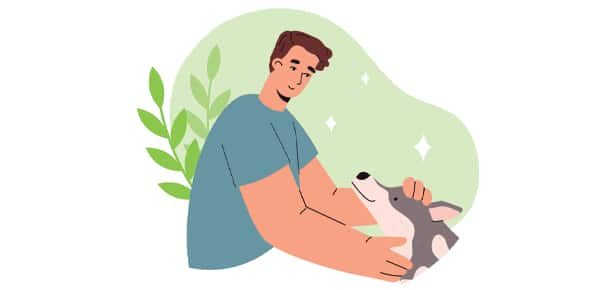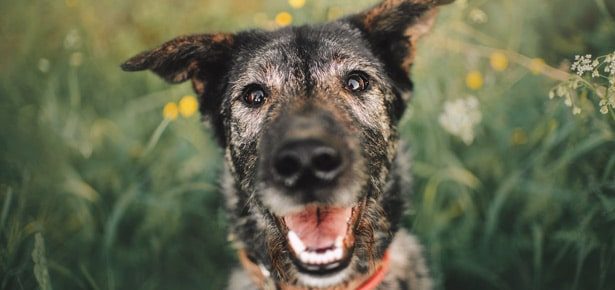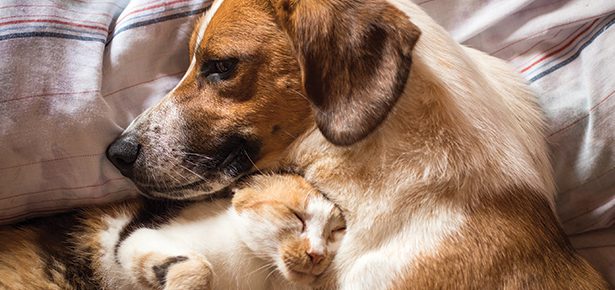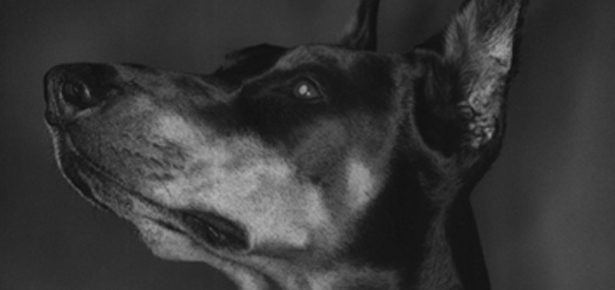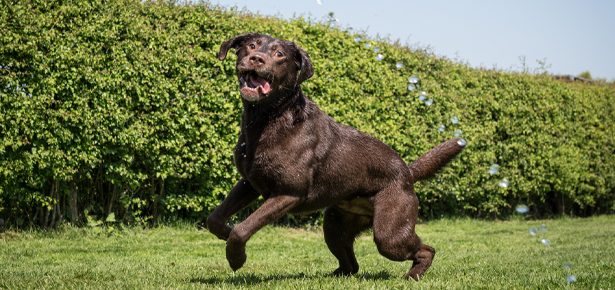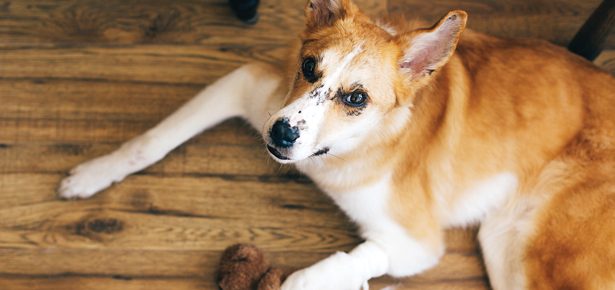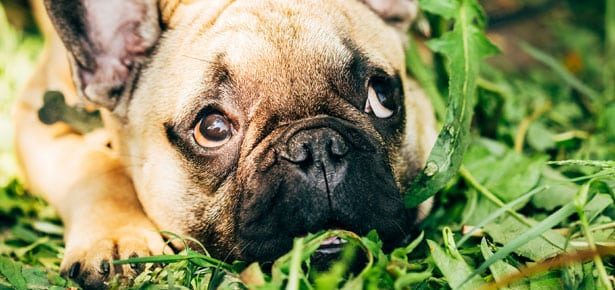
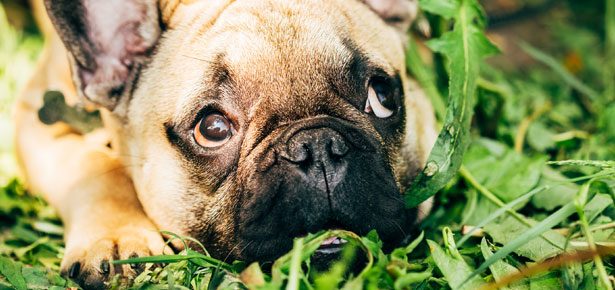
A Vet’s Take On Why Dogs Eat Grass
Decoding grass chewing
Q: Why does my dog eat grass?
A: Ah… This is the $64,000 question. Grass eating among our canine friends has a number of theories as to origin. I get this question many times a year, and as yet cannot come up with a meaningful single reason. I can say that I've seen grass chewers on occasion get a good nasal cleanse, as the thick blade of grass occasionally gets on the wrong track and scurries out an unsuspecting nasal passage. It's highly unlikely the intent is to cleanse that particular orifice, however!
Dogs do not have the means to digest grass, as they lack the enzymes needed to break down the fibres. Thus, there is little nutritional value in it for them. One reason for eating grass may be due to a feeling of nausea. It is possible that dogs learn this is a temporary solution for stomach irritation.
On occasion, I have seen dogs lick at the air, often showing swallowing behaviour, then rush out to the great outdoors to seek out a thick patch of the green stuff and furiously chomp and chomp until the urge abates. Then promptly throw up. On following these dogs endoscopically, they often have an inflammatory condition in their stomachs or redness around the lower esophagus, which can indicate gastric reflux or inflammatory bowel disease. The situation can be troubling for the owner as the dog is often quite restless before getting out to graze. If your dog looks as if he or she is irritated and extends the neck and begins repeated swallowing motions, it may be time to visit your veterinarian to check out what might be happening. These conditions are treatable with either homeopathic medical intervention or conventional therapies. Diet may also play a role in the condition. A thorough review is in order.
Some dogs can also develop a form of stereotypy behaviour (obsessive-compulsive disorder) and become fixated on grass chewing, but this is relatively rare.
Then there are the select few who search diligently for that particular luscious, thick, juicy blade and then gently savour it. Only the finest blades for me, thank you, and only of particular types. These dogs seem to enjoy their habit and do not suffer any of the previously-reported repercussions, such as vomiting. Grass does not seem to hurt them as long as it doesn't contain herbicides or other toxins.
For those with a scientific bent, an additional theory related to the grasseating behaviour of our four legged companions has to do with their evolutionary past. For ancestral dogs to have survived successfully, they would have needed good hunting abilities in order to feed and nourish their young and survive as a pack. Grass eating may have evolved to help conceal their scent from their prey in the same way that rolling in foul offal is sometimes thought to.
Another common theory is that dogs will eat indigestible matter if they are excessively hungry or if their nutrition is poor, so this must always be a consideration. If you are preparing homemade food, be sure to consult a professional to make sure the nutritional balance is correct.
Dogs are more omnivorous than cats, and many would also like to eat far more than they're fed. In the absence of a midday meal some may simply enjoy the process of eating. One can never rule out that for some, a nice patch of tasty clean crabgrass may simply give the momentary impression of an afternoon snack in the sun! ■
Dr. Michael Goldberg,DVM, DCHom, Hudson Place Veterinary Clinic, (604)266-2731, Vancouver, mikepetvet@telus.net or www.hudsonplacevetclinic.com.
Dr. Goldberg practises holistic veterinary medicine, specializing in classical homeopathy. Chiropractic and acupuncture are also available through his clinic. He lives in Vancouver with his wife, Ronee, three daughters, a fourteen-year-old Border Collie, a four-month old Great Pyrenees, and three cats.
Join the newsletter and never miss out on dog content again!
"*" indicates required fields
By clicking the arrow, you agree to our web Terms of Use and Privacy & Cookie Policy. Easy unsubscribe links are provided in every email.
